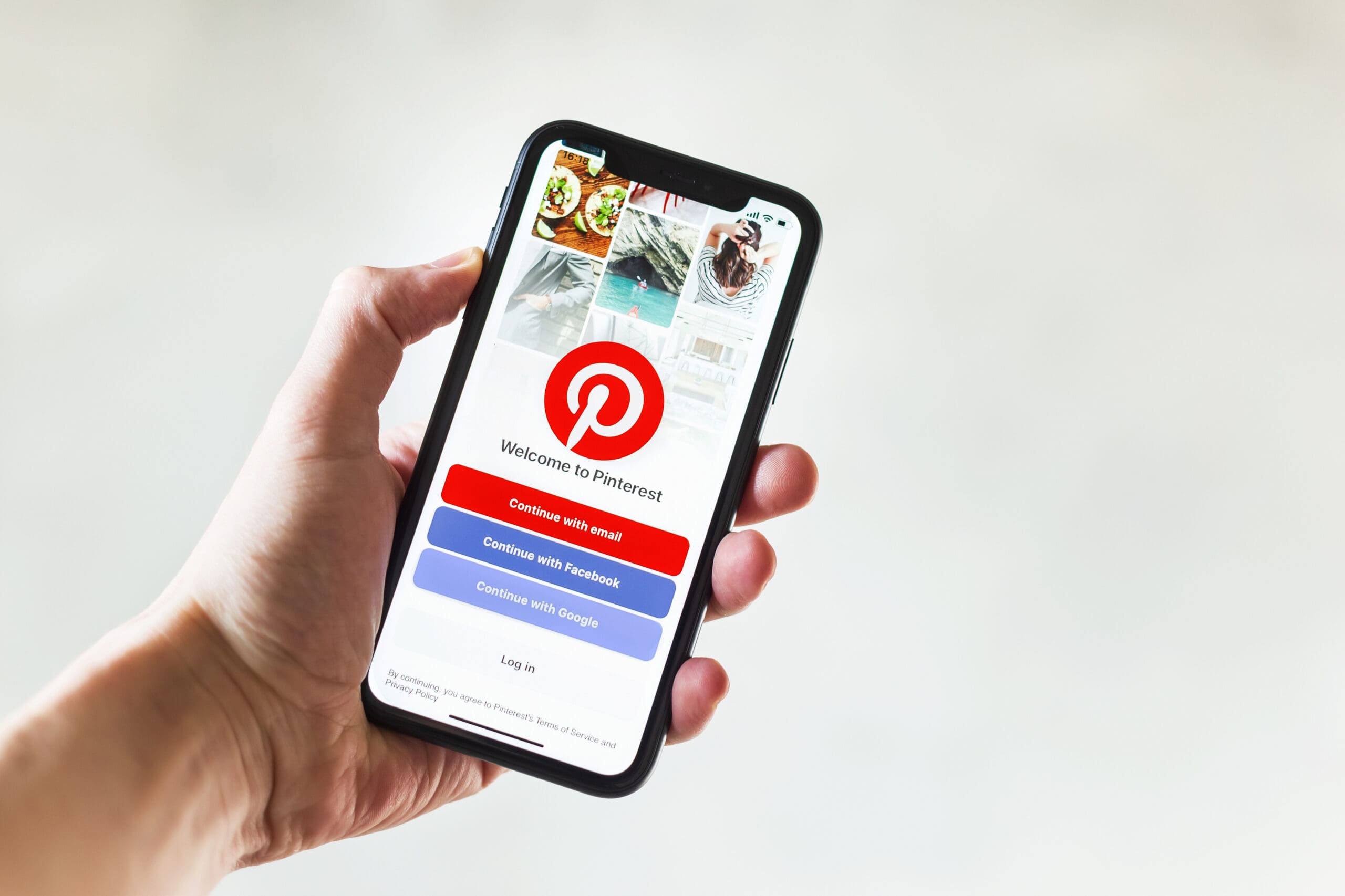When seeking funding, you’ll need a startup pitch that entices investors or backers while earning their vote of confidence – and hard earned money too. The startup pitch also provides a way to differentiate your brand from competition. The idea of a startup pitch is pretty simple but the execution of it is not. You’ll want to invest plenty of time into perfecting the pitch, just as you do all elements of your startup. Need funding for a startup? Here’s what you should know about funding for startups and how a startup pitch can help.
What is a startup pitch?
A startup pitch is a combination of verbal and visual presentation tools that are presented to investors. In your deck, a startup pitch should showcase your business plan at a high level. With the use of data, creativity, market analysis, and a million dollar idea, you can be on your way to nailing a startup pitch. It can be tempting to include too much information. As you weed out what to keep and what to delete, consider why you are including the information. You’ll need to determine what’s most appealing and applicable to what you are asking for. The stage of your startup can impact how long your pitch is, but typically, startup pitches are between 10-20 slides. As you craft a startup pitch, be mindful of your audience and your brand. You want to spark a connection between parties.
Importance of a compelling startup pitch
A compelling startup pitch can serve several purposes. From attracting investors to serving as a canvas to define your business, a startup pitch can help you secure funding – but that’s not what it’s all about. The importance of a compelling startup pitch is much more than money. It’s a way to define your brand and showcase it, all the while it provides an opportunity for you to think through your vision and details. Coming back to your startup pitch as your business evolves can help your business grow. In order to thrive in a competitive environment you’ll need to differentiate your brand and stand out. You must deliver value and authenticity. Find ways to do that and demonstrate it in your startup pitch to compel investors and build your brand.
Types of startup pitches
- Elevator pitch: An elevator pitch is exactly what it sounds like; a pitch that could be given in the time of a short elevator ride. It’s concise and to the point. To be effective, it should be persuasive too. In a quick elevator pitch you should cover the basics, but present them in a compelling manner that leaves the audience wanting to know more. For networking events or unplanned encounters, it’s helpful to have an elevator pitch planned and ready to go.
- Pitch deck: A pitch deck is a more in depth startup pitch. Depending on the audience and objective, the length and content of the pitch deck can vary. However, pitch decks are essential in the startup space.
What are the most important elements of a startup pitch?
A startup pitch sets the stage for a partnership that requires buy in from all involved. The journey of your business can impact what should and should not be in your startup pitch. While there is guidance available, there’s really no right or wrong way to make a startup pitch. Get creative. Be bold. Afterall, that’s how you’ll survive in competitive climates. Here are some elements that a startup pitch should include.
- Mission statement
- Vision
- Value proposition
- Opportunity
- Market analysis summary (How do you stand out?)
- Problem > solution
- Your team
- Organizational background (Who are you? Why should you be trusted?)
- Metrics / track record
- Product showcase
- Sales strategy
- Financials and how funds will be used
Tips on crafting a compelling startup pitch to get you funded
- Be creative
- Think through ideas all the way
- Let your brand shine
- Know your audience
- Revamp the startup pitch from time-to-time
- Leverage key metrics
- Ensure information is accurate
- Be prepared to answer questions
What are some common mistakes to avoid when creating a startup pitch?
Mistakes are bound to happen, and can be channeled as an extremely positive incident. That does not mean that we should not try to avoid mistakes though. Mistakes can be costly to us and our customers. So while we understand they happen, lean in and do what you can to nail your startup pitch. Save the mistakes for later.
- Not being passionate: Being a business owner is a huge responsibility. There’s no clocking out. There’s no PTO. It’s your whole life really. And while we like to remind our fellow entrepreneurs to have fun and prioritize family, we know the commitment it takes to operate a business. Whether presenting in person or delivering a deck, passion should always be demonstrated in the work you do. From quality content to error free decks, there are many ways passion can be proven. If you are not passionate about what you’re doing – do something else.
- Not doing your research: Investing time upfront to research and think through ideas all the way is critical. While you can write down a vision and mission, investors or partners want to see more than black and white writing. They want to know they are investing in an expert. Someone who is absorbing all the information available to grow their business. Always research and pay attention to what’s around you.
- Not using the right words: Words are extremely powerful. In a startup pitch you are painting a picture of your business and trying to earn the trust and buy in of others. Go over the startup pitch as many times as you need and really think about what it is you want to say. Choose the right words and make sure your messages are clear and powerful.
How Kickfurther can help
Kickfurther helps CPG brands gain access to affordable and flexible working capital. Through our business centric platform, business owners can create a business profile to showcase their startup pitch. Through the details you provide, our community of backers can choose to provide the funding you need. This creates the opportunity for two passionate parties to come together in pursuit of success.
At Kickfurther you can get inventory now and pay later, all while having fun doing so. Our platform connects business owners to a community of buyers that can fund up to 100% of inventory.
- No immediate repayments. You control repayment. Don’t pay until your product sells.
- Non-dilutive. Maintain equity in your business, we know how hard you worked for it. We are here to work with you, not against you.
- Not a debt. Because you have enough financial strain, this is not a loan.
- Upfront capital. Pay suppliers faster with upfront capital, there when you need it!
Closing thoughts
Great ideas can come on quickly, but take time to execute. Through the details, you can start to bring your vision to life. Take advantage of the opportunity to reflect and create a startup pitch that can help your startup get the funding it needs. Intentional startup pitches are the difference between startups that make it and startups that don’t.









